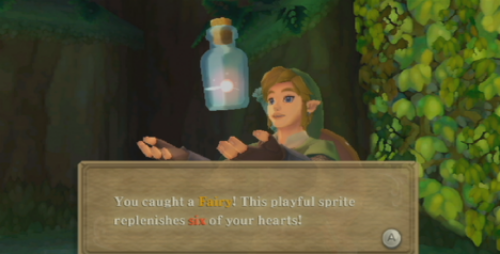But that's not the fun part. There's a whole lot of disbelief going around. They actually call in the man's parents to ask them if their son is, in fact, really their son. And when they say "Yup, that's him, alright," the authorities as them how he cam to be able to see! And his parents said what most parents would say in their position "He's a grown man, ask him!"
So the authorities haul the poor man back to them and he verbally owns them! They started in on him:
"Give glory to God! We know that this man is a sinner."
"I do not know whether he is a sinner. One thing I do know, that though I was blind, now I see."
"What did he do to you? How did he open your eyes?"
"I have told you already, and you would not listen. Why do you want to hear it again? Do you also want to become his disciples?"
"You are his disciple, but we are disciples of Moses. We know that God has spoken to Moses, but as for this man, we do not know where he comes from."
"Here is an astonishing thing! You do not know where he comes from, and yet he opened my eyes. We know that God does not listen to sinners, but he does listen to one who worships him and obeys his will. Never since the world began has it been heard that anyone opened the eyes of a person born blind. If this man were not from God, he could do nothing."That's the point where the authorities call him names and kick him out—a sure sign that they just lost the debate! Later Jesus points out that the blind man sees the world better than the religious authorities do, so who's really blind in this story, hm?
That delicious irony—combined with the awesome cleverness of the man born blind—can't help but remind me of Geordi La Forge from Star Trek: The Next Generation. (Non-trekkies may recognize him as that guy from Reading Rainbow. Trekkies might be interested in Geordi's page in this Star Trek wiki.)
La Forge was also born blind, but he had the advantage of living in the 24th century and so he was fitted with a VISOR (Visual Instrument and Sensory Organ Replacement) which allows him to see in the infrared and ultraviolet ranges—and beyond. He's also very intelligent, and by the end of the series he'd risen to the rank of lieutenant commander and was the chief engineer of the Enterprise.
I don't know firsthand what it's like to be blind, but I absolutely adore the story of the man born blind talking circles around his "betters." And I've always loved the way Lt Cdr La Forge was the blind man who could see so much more than his compatriots—not to mention the way LeVar Burton managed to play a man who could see so much more than his compatriots while wearing a costume that cut off 80% of his vision!
We would all do well to remember the words of Jesus, "If you were blind, you would not have sin. But now that you say, 'We see', your sin remains."
Be good to each other,
Rev. Josh
032514
The scripture lessons for March 30th—The Fourth Sunday of Lent Year A—are:
1 Samuel 16:1-13—Psalm 23—Ephesians 5:8-14—John 9:1-41


